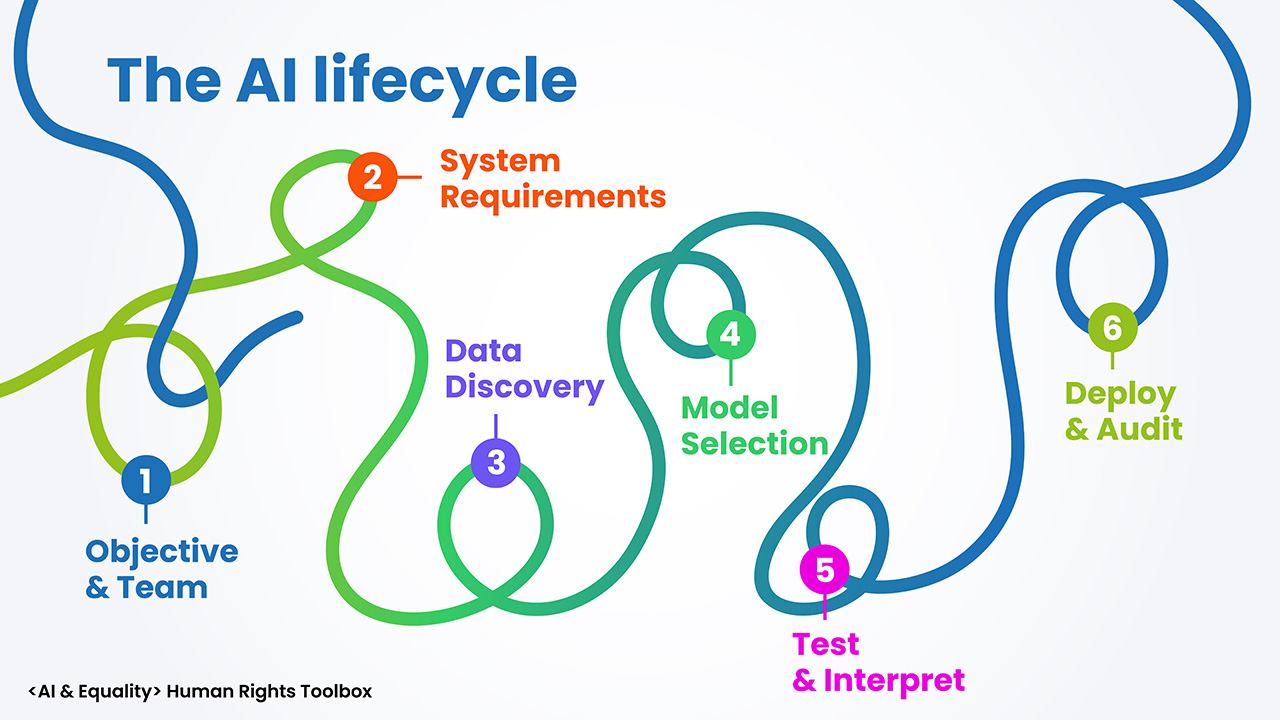It’s important to note that ethics are situational, as well as crucially important.
There are +80 guidelines and recommendations on ethics and responsibility from universities, civil society organizations, research institutes, companies, governments and more. Regardless of their strength, the number and variety of guidelines create an à la carte application of ethical and responsibility principles, diminishing the ethics conversation. At the same time, many aspects of these guidelines are very abstract and have been criticized for not being directly actionable, both in academia as well as industry.
Human rights standards are built on an agreed body of international and national law, providing a common starting point among different actors, and making the conversation and objectives more concrete. As a result, we have chosen to center this course around a Human Rights-Based Approach to AI development.
The ultimate focus of Human Rights, guiding impact on humans towards human flourishing, is applicable to AI systems and their development, in other words:
“At its best, the digital revolution will empower, inform, connect, and save lives. At its worst it will disempower, misinform, disconnect, and cost lives. Human Rights will make all the difference to that equation.”
Michelle Bachelet, Former UN High Commissioner for Human Rights, 2019.

